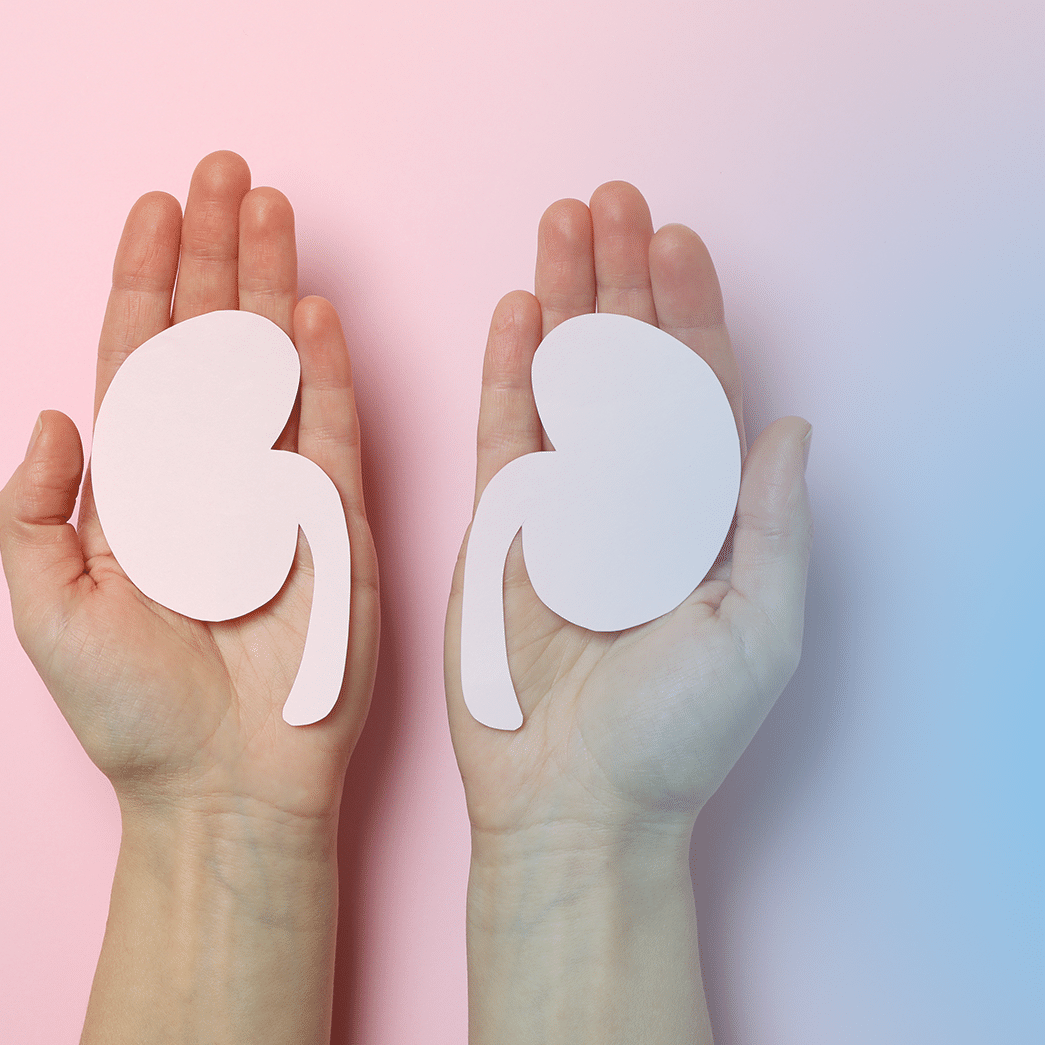
Kidney transplant is one of the most common transplant surgeries. It is recommended for patients with kidney failure and no other treatment option for their disease.
Kidney transplantation is a long-term solution for patients and is a surgery with a high success rate.
Why is Kidney Transplantation Done?
Kidney transplantation is necessary for patients with kidney failure. Patients on dialysis are asked their opinions about kidney transplantation. If the patient wants the transplant to take place, he is placed in the waiting queue and kidney transplant surgery is performed when a suitable donor is found. Factors that cause kidney failure and kidney transplant include:
- Hereditary anomalies
- Alcohol, drug consumption
- Overuse of drugs
- Chronic diseases
- Infection
- Thirst and dehydration
How is Kidney Transplantation Operated?
- Kidney transplantation can be done with kidneys from brain-dead patients or from healthy donors.
- Antibody tests are performed to check the compatibility of the tissues before the transplant.
- If the kidney transplant is to be performed with a living donor, the two operations are performed simultaneously.
- On the one hand, the kidney is taken from the donor, and on the other hand, the transplantation process is carried out to the recipient patient.
- General anesthesia is given to both the donor and the recipient patient.
- An incision is made in the abdomen of both patients.
- The kidney is taken from the donor and the incision is closed.
- The damaged kidney of the recipient patient is removed (if it does not harm the body) and a healthy kidney is placed in its place.
- The ureter of the new kidney is connected to the urinary tract.
- The surgery is performed by several specialists.
